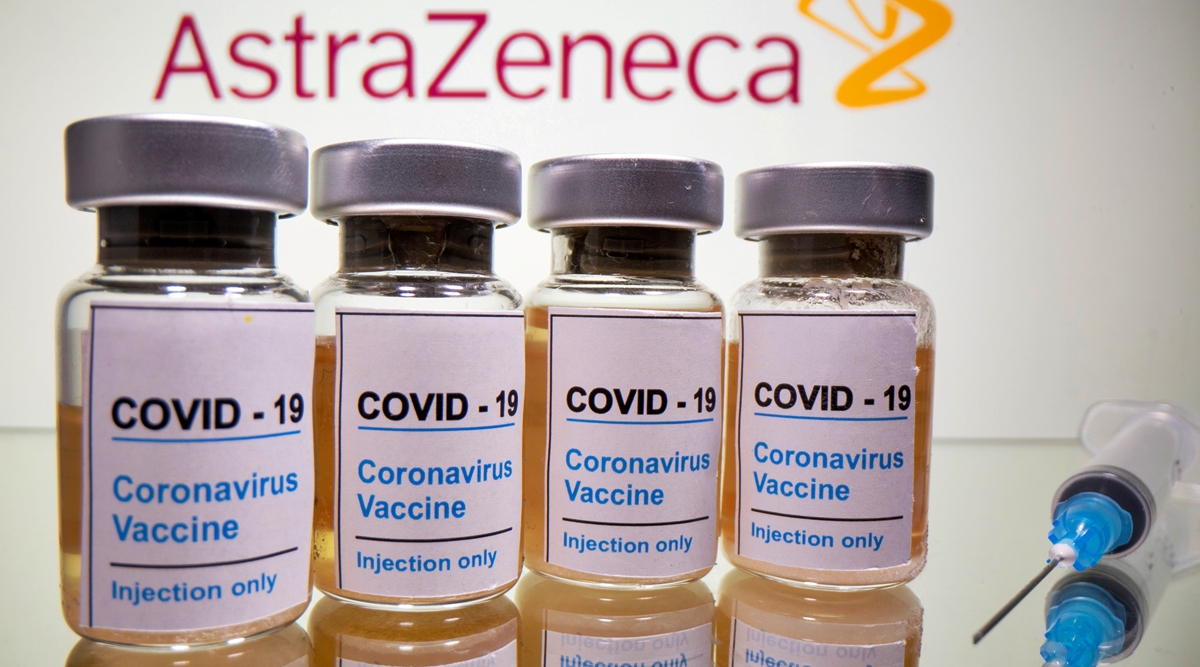Will India Keeps Its Promise To The Rest Of the World?
With India Covid-19 cases on the rise, it is possible India might not be able to keep its side of the bargain to share its indigenous vaccine with the rest of the world
India is on its way to a massive inoculation drive, as the Centre approves the indigenously made Covaxin. The Serum Institute of India has also been told to keep 100 doses ready for Indian use. But does this justify India's sudden change of stance over not allowing Serum Institute to continue with its export commitments?
The same issue has also cropped up with the European Union, where critics are holding the European commission responsible for not timing itself right. While the EU Commission was busy trying to figure out the right vaccine candidate for its people, Germany led Biontech had already started to send off its doses into the world. UK had struck a deal with the Pfizer-Biontech vaccine candidate and is also confident that mutating strain can be managed with the dose.
But the doses are now falling short in the EU and India wants to play safe. Countries like Brazil and Italy are going to be on the losing end. While Brazil was used for clinical trials, its people felt the government is only looking at greasing its palms and may not fight for its citizens after all. Most of South America and many other poorer nations like Sudan and Yemen are going to face the same music.
Their interest was covered under the UN led Covax plan. The question is how many countries will actually respect this rationing plan. The Middle Eastern nations like UAE have been proactive. They developed their own vaccine through stem cell technology. Their inoculation drive started months back. Most were reportedly free of cost and UAE has been committedly supplying medical aid, ration and possibly vaccine doses to the needy countries.
But there is catch here; the free doses being used includes the Chinese make Sinopharm that had been in controversy for its lack of authenticity and efficacy rate. The country has now approved the Pfizer variant too. This emirate is offering free vaccination.
But the same is not true of India. The Serum Institute of India vaccine is going to cost Rs. 200 and then go upto Rs. 1000 in the private market, whenever it is introduced. Till then, India has placed the vaccine under Indian capping. But it is not free of cost.
For a population as vast as India, it is going to be a challenge to ensure the right people get inoculated first. Call for action is senior citizens, front line medical staff, low income groups and then the rest of of population. But as India promised to share its technological know-how with poorer nations, it might have to make a tough call to keep its promise in 2021.

Comments
Post a Comment